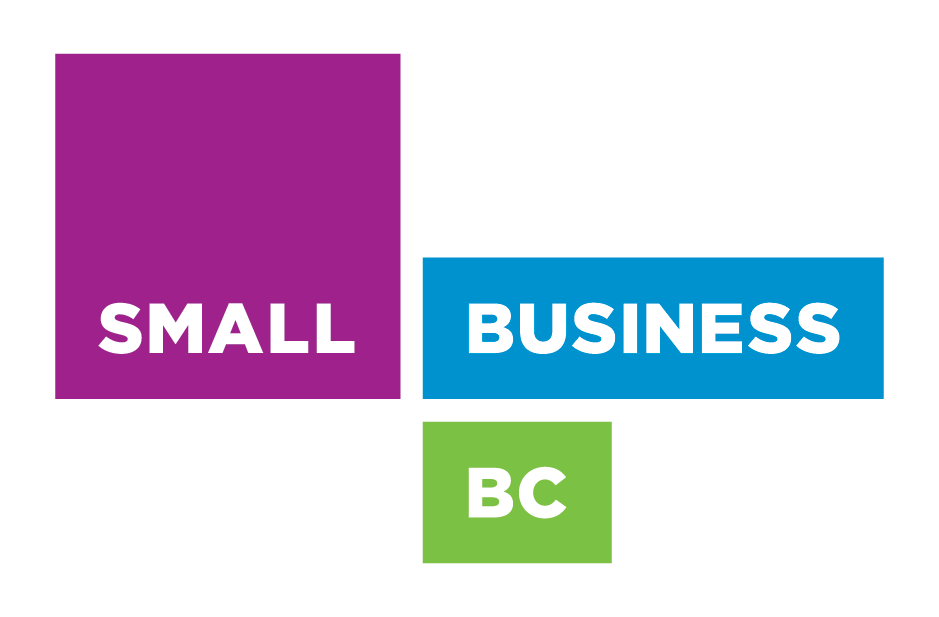Surrey – Surrey Board of Trade’s Policy & Research Manager, Jasroop Gosal, was in Ottawa at the Federal Budget lock up to hear the Federal Government release their 2023 Budget and Three-Year Fiscal Plan in advance of its public release.
“The Surrey Board of Trade is pleased to hear about investments in hydrogen, supply chain, skills and labour, infrastructure, and transportation,” said Anita Huberman, President & CEO, Surrey Board of Trade. “We needed to hear more support for business, including a commitment to a comprehensive tax review.”
We referenced and compared specific parameters against our 10 Point Economic Plan, referenced below.
“We are disappointed that no Surrey specific projects were mentioned in this budget. Surrey is going to be the largest city in British Columbia and is starved of infrastructure and transportation investments. We also have the greatest number of manufacturers in BC and would be a prime location for battery manufacturers and recyclers.”
“We also noted that the Federal Government will invest in ferries in Eastern Canada but has neglected British Columbia’s ferry system.”
“We look forward to the year ahead to help guide the Federal Government in creating an economic wellbeing budget to ensure we have strong economic stability and to advise the Government on implementation of the budget through policies and programs.”
HIGHLIGHTS TO NOTE:
· Employee Ownership Trust – making it more attractive for business owners to transfer the business to employees ($20 million over five years, starting in 2023-24). The Surrey Board of Trade is looking forward to consulting the Government on how to best implement this new program.
· Labour Market Transfer Agreements – to ensure Canadians continue to have access to the support they need to get their next job ($625 million in 2023-24). The Surrey Board of Trade is pleased to hear about this investment.
· Support for Seasonal EI Claimants – Budget 2023 proposes to extend this support for seasonal workers until October 2024 ($147 million over three years, starting in 2023-24). The Surrey Board of Trade supports this investment.
· National Supply Chain Strategy and Supports – $52.2 million over three years, starting in 2023-24. The Surrey Board of Trade supports this investment but will monitor it to ensure more funding is released.
· Supply Chains – shifting of critical supply chains away from dictatorships and towards democracies like our own, referred to as “friendshoring.” The Surrey Board of Trade supports this initiative.
· Internal Trade – strengthening internal trade by eliminating exemptions to the Canadian Free Trade Agreement. Critical steps to strengthen internal trade in Canada will be discussed at federal, provincial, and territorial meetings in 2023. The Surrey Board of Trade supports this policy direction.
· International Government Procurement – ensuring the Government buys goods and services from countries that also grant Canadian businesses a similar level of access to their government procurement markets. The Surrey Board of Trade supports this policy.
· Support for Persons with Disabilities – $10 million over two years, beginning in 2023-24, to Employment and Social Development Canada to help address the unique needs and ongoing barriers faced by persons with disabilities by investing in capacity building and the community-level work of Canada’s disability organizations. The Surrey Board of Trade supports this policy investment.
· Supporting Arts and Heritage – $14 million over two years, starting in 2024-25, for the Department of Canadian Heritage to support the Building Communities Through Arts and Heritage program. The Surrey Board of Trade supports this initiative.
· International Travelers – Expand eligibility for the Electronic Travel Authorization Program to low-risk, trusted travelers from additional visa required countries. This will make Canada a preferred destination. Surrey Board of Trade supports this investment.
· Reducing Expenses – The Federal Government is reducing spending on consultations, and a roughly 3 per cent reduction of eligible spending by agencies and departments by 2026/27. They will also implement cross-government program effectiveness reviews, to be led by the President of the Treasury Board. The Surrey Board of Trade supports this policy.
· The downside scenario considers a more pronounced recession in Canada amid persistent elevated inflation, stresses in the global financial system associated with the sharp rise in interest rates, and a steeper housing correction.
· The upside scenario sees the Canadian economy avoid a recession and easing of supply challenges, both in Canada and globally, helps to bring down inflation even as economies remain stronger than anticipated.
SPECIFICS
- Budget Balance (deficit) at year end (billions):
- $-43.0 2022/23 (updated forecast)
- $-40.1 2023/24 (budgeted)
- $-35.0 2024/25 (planned)
- $-26.8 2025/26 (planned)
- $-15.8 2026/27 (planned)
- $-14.0 2027/28 (planned)
- Real GDP
- The Budget 2023 plan assumes annual real GDP growth of 3.4 per cent in 2022 (nominal GDP increased by 11.0 per cent)
- 0.3 per cent in 2023 (nominal GDP 0.9 per cent)
- 1.5 per cent in 2024 (nominal GDP 3.6 per cent)
- 2.3 per cent in 2025 (nominal GDP 4.3 per cent)
- 2.2 per cent in 2026 (nominal GDP 4.1 per cent)
- 1.9 per cent in 2027 (nominal GDP 2.9 per cent)
- Inflation
5.2% (February 2023) expected to fall below 3 per cent in the third quarter of 2023 and to reach about 2 per cent, the Bank of Canada’s target, in the second quarter of 2024. - Unemployment
4.9%, expected to rise to a peak of 6.3% by the end of 2023. - Revenue outlook
Total government revenue is forecast at $437.3 billion in 2022/23, $456.8 billion in 2023/24, $478.5 billion in 2024/25, $498.4 billion in 2025/26, $521.8 billion in 2026/27; and, $542.8 billion in 2027/28. - Expense outlook
Total government expenses is forecast at $480.2 billion in 2022/23, $496.9 billion in 2023/24,
$513.5 billion in 2024/25, $525.2 billion in 2025/26, $ 537.6 billion in 2026/27, and $556.9 billion in 2027/28. - Taxes
Pillar Two – Global Minimum Tax (millions) – $2,765 2026/27, $2,365 2027/28, $5,130 Total
Two per cent tax on share buybacks by public corporations in Canada – A business would not be subject to the tax in a year if its gross repurchases of equity were less than $1 million.
Alternative Minimum Tax (AMT) – raise the AMT rate from 15 per cent to 20.5 per cent and further limit the excessive use of tax preferences. The basic AMT exemption would increase more than fourfold, from $40,000 to $173,000, significantly increasing the income level necessary to pay the AMT. This would result in a tax cut for tens of thousands of middle-class Canadians, while the AMT will more precisely target the very wealthy.
- Agriculture
$13 million in 2023-24 to Agriculture and Agri-Food Canada to increase the interest-free limit for loans under the Advance Payments Program from $250,000 to $350,000 for the 2023 program year. - Housing and Homelessness
Publishing a Guideline that protects Canadians and ensures that federally regulated financial institutions provide Canadians with fair and equitable access to relief measures that are appropriate for the circumstances they are facing, including by extending amortizations, adjusting payment schedules, or authorizing lump-sum payments. Existing mortgage regulations may also allow lenders to provide a temporary mortgage amortization extension—even past 25 years. Reallocation of funding from the National Housing Co-Investment Fund’s repair stream to its new construction stream.
- Health
$23,362 million over six years in public health care. - Critical Minerals
A refundable tax credit equal to 30 per cent of the cost of investments in new machinery and equipment used to manufacture or process key clean technologies, and extract, process, or recycle key critical minerals. $4.5 billion over five years.
- Clean Technology
The Federal Government is proposing significant investments to accelerate the supply and transmission of clean electricity. This will expand Canada’s electricity grid, connect it from coast-to-coast-to-coast, and ensure that Canadians and Canadian businesses have access to cleaner and cheaper energy into the next century.
A 15 per cent refundable tax credit for eligible investments in wind, solar, wave, tidal, nuclear, hydro, natural gas-fired electricity generation, equipment for the transfer of electricity between provinces and territories. Labour requirements, including ensuring that wages paid are at the prevailing level, and that apprenticeship training opportunities are being created, will need to be met to receive the full 15-per-cent tax credit.
Read the full budget here.












